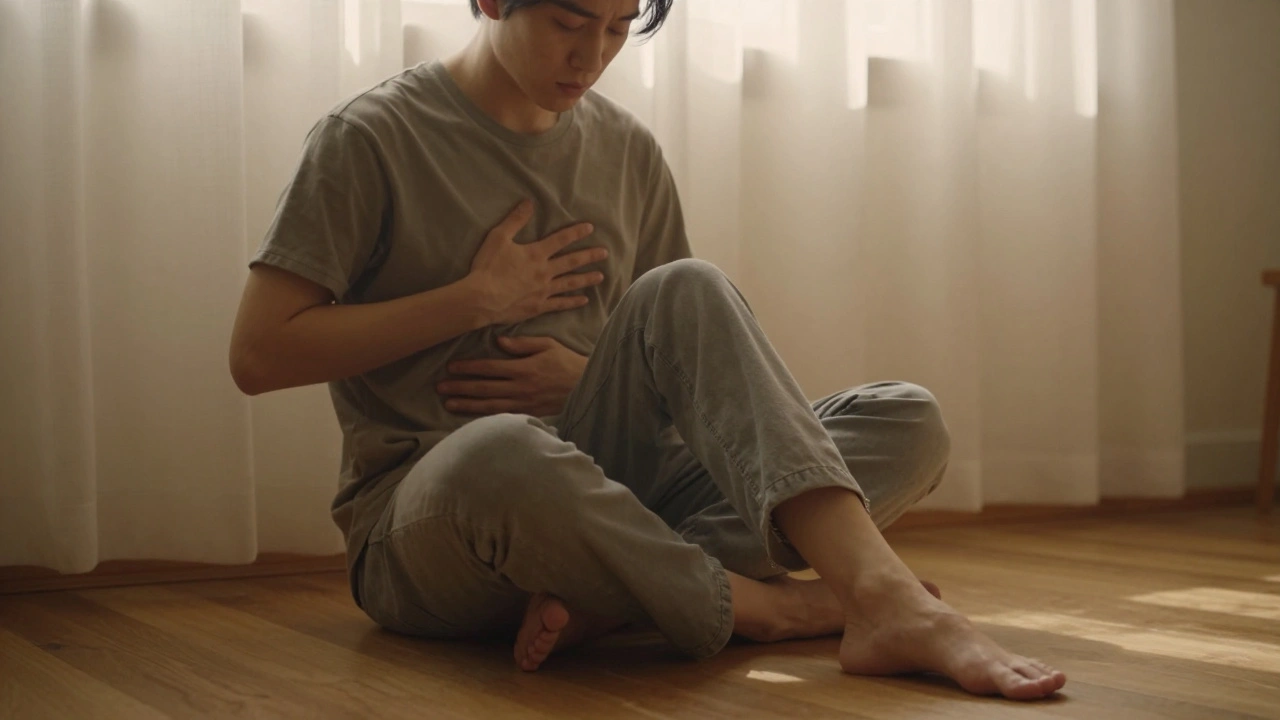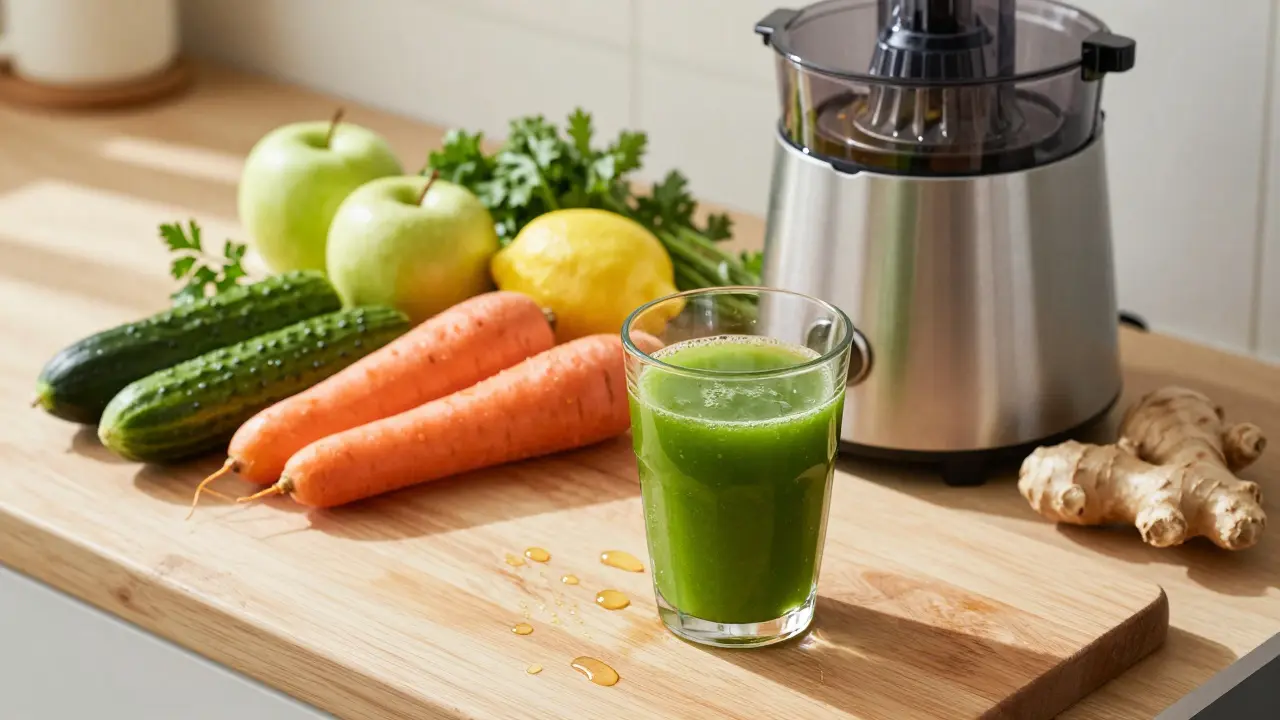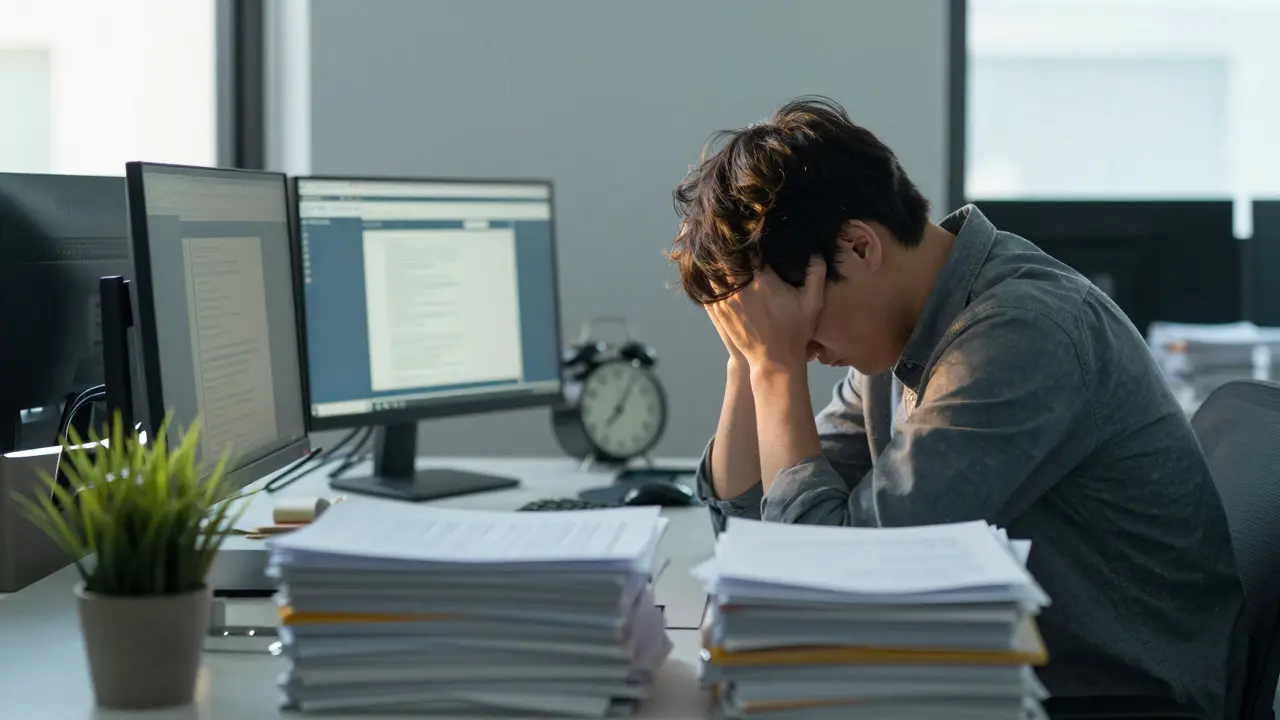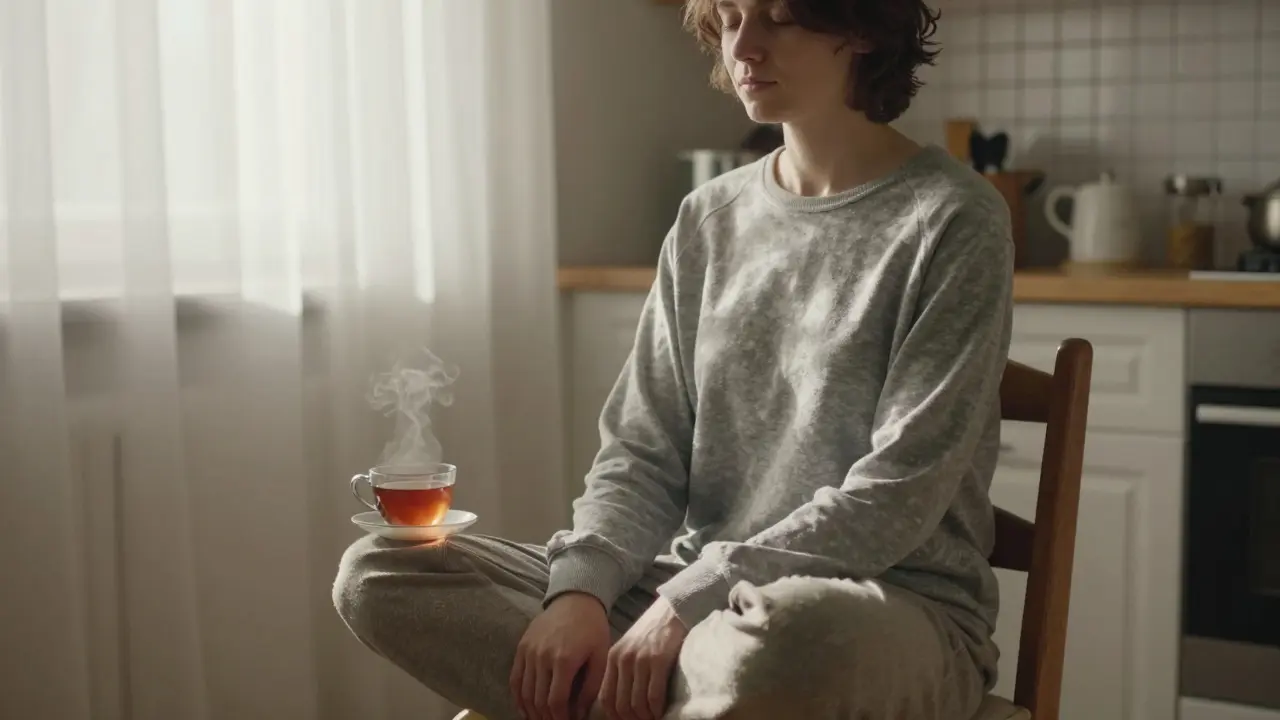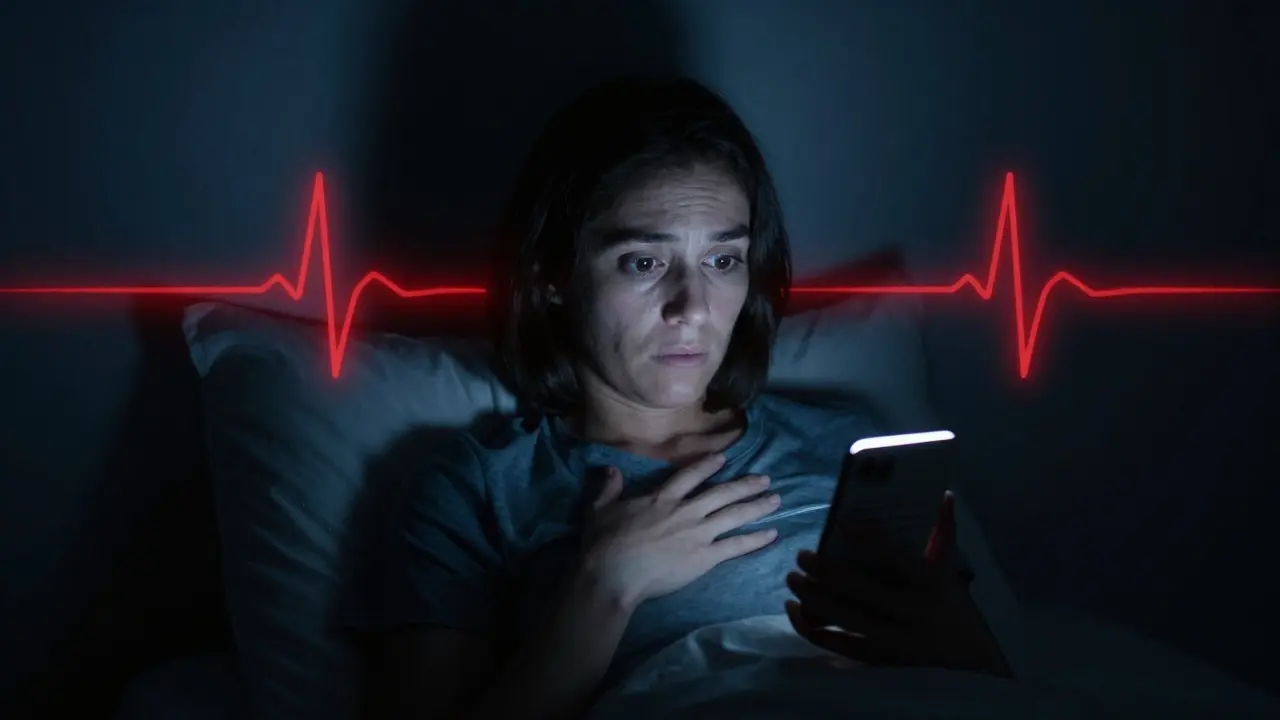Deep Breathing and Meditation
When it comes to relaxation, nothing is as fundamental and accessible as deep breathing exercises. Such practices have been scientifically proven to reduce stress levels by lowering the heart rate and promoting a state of calmness. Starting with simple techniques like the '4-7-8' breathing method, individuals can experience immediate relief in stress-filled moments. The process involves inhaling deeply for four seconds, holding the breath for seven seconds, and exhaling slowly for eight seconds. Repeating this cycle for several minutes can dramatically decrease anxiety levels.
Meditation, particularly mindfulness meditation, complements deep breathing by drawing attention to the present moment and diminishing worrying about past or future events. This practice involves sitting quietly and paying attention to thoughts, sounds, the sensations of breathing, or parts of the body. Regular meditation not only reduces stress but also enhances overall mental resilience. For beginners, guided meditation sessions can be readily accessed through various apps and websites, offering an easy entry into the practice.
Physical Exercises and Progressive Muscle Relaxation
Engaging in regular physical activity is another effective way to manage stress. Exercises such as walking, yoga, and swimming stimulate the production of endorphins, the brain's natural mood lifters. Particularly, yoga combines physical postures, breathing exercises, and meditation to enhance physical and mental well-being. The physical activity does not have to be intense; even regular short walks can significantly impact stress management.
Progressive muscle relaxation (PMR) is a technique that involves tightening and then relaxing different muscle groups in the body. This practice promotes physical relaxation, which can often lead to mental relaxation. To perform PMR, you might start at your feet and work your way up to your face, methodically tensing each muscle group for five seconds and then releasing the tension suddenly to feel the muscle relax. PMR is especially useful before bedtime to alleviate muscle tension and promote restful sleep.



